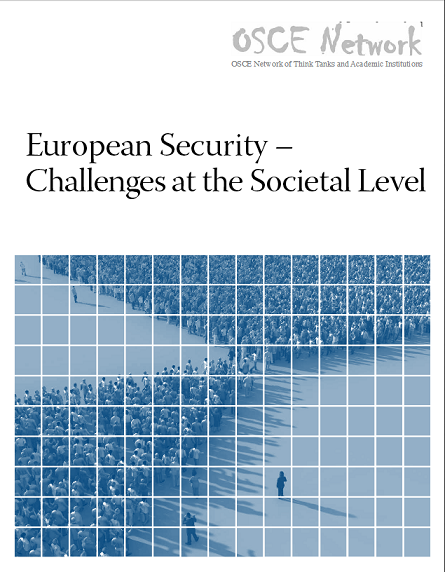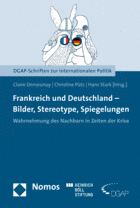Germany
An in-depth analysis of Germany's trajectory through its foreign and European policies, its relations with France, its economy and its domestic politics, offering a perspective on the country and its role in the world.
Related Subjects

The introduction of the minimum wage in Germany: a first assessment
Germany introduced a minimum wage on January 1st, 2015 – a first in a country that had hitherto left it to the social partners to agree on salaries. This introduction came after vivid debates between those who fought against ever deeper inequalities and those who defended the nation’s competitiveness.
Europe after the Brexit: German positions and perspectives
The British decision to leave the European Union comes at a critical moment for Germany and the EU. It exacerbates the “polycrisis” of recent years and leads to controversial questions: What should the EU look like without Great Britain? What is the objective, the “finality”, of European integration? And what role should Germany play in the future?
The Prospects for Europe's Youth in 2026
This Workshop report was written by the participants of the French-German Future Dialogue 2016. It's the result of three seminars (Dijon, Lübeck, Alcala de Henares) on youth unemployment in Europe: Equal opportunities for European youth?

European Security – Challenges at the Societal Level
Relations between Russia and the West have deteriorated dramatically in recent years. The institutional foundations of cooperative security in Europe and the rules and principles they represent are rapidly disappearing.
The 2016 German White Paper. The consolidation of the “Munich consensus” and persisting questions
The 2016 White Paper on security policy and the future of the Bundeswehr is testament to Berlin’s declared will to play a more active role internationally, to assume more responsibility and to provide leadership in close concertation with its partners in Europe and the world.
Nord Stream 2: May Cooler Heads Prevail
Since the announcement of the Nord Stream 2 project in June 2015, the debate around the benefits of this project for Europe is raging, putting forward political, economic and commercial arguments.
German agriculture: structural changes
German agriculture is characterized by regionally different farm structures but in the midst of a transformation process. Rapid structural change is seen especially in animal production. Total production increased during the past decade due to intensification but the number of labour force decreased. Increasing land prices are an indicator for the sectoral growth. The situation has changed at the moment. Farm income has decreased rapidly due to very low producer prices.
German public investment policy: between debt cap and increasing investment backlog
The German debate about public investment policyfaces a dilemma. The deficits in public infrastructure have grown considerably due to comparatively low investments in recent years. In addition, substantial investments for promising mega-projects, such as the energy transition (“Energiewende”) and broadband expansion are indispensable in a foreseeable future.

France and Germany - pictures, stereotypes, reflections and the perception of the neighbour in times of crises
Pictures are an integral part of the process of conveying the state and character of French-German relations. Such pictures highlight not only justified criticisms but also prejudices and clichés. The use of these pictures has intensified since 2008 because the financial and EU crises heightened resentment between the two countries.
The Western Balkans : a touchstone for German and European foreign policy
Support independent French research
Ifri, a foundation recognized as being of public utility, relies largely on private donors – companies and individuals – to guarantee its sustainability and intellectual independence. Through their funding, donors help maintain the Institute's position among the world's leading think tanks. By benefiting from an internationally recognized network and expertise, donors refine their understanding of geopolitical risk and its consequences on global politics and the economy. In 2024, Ifri will support more than 70 French and foreign companies and organizations.




















